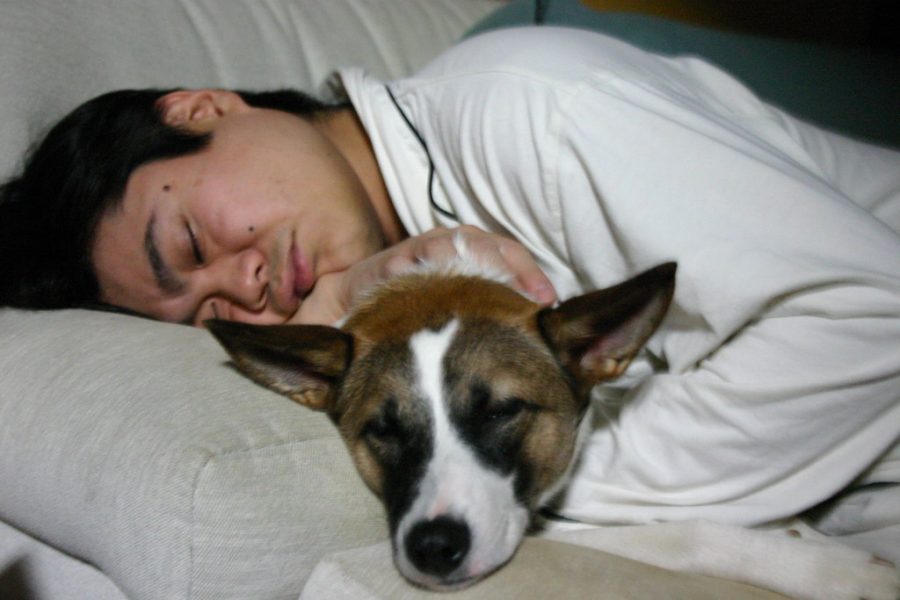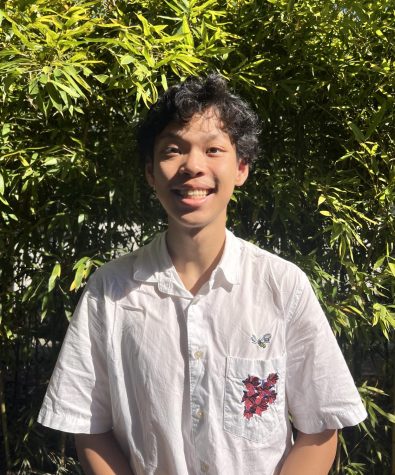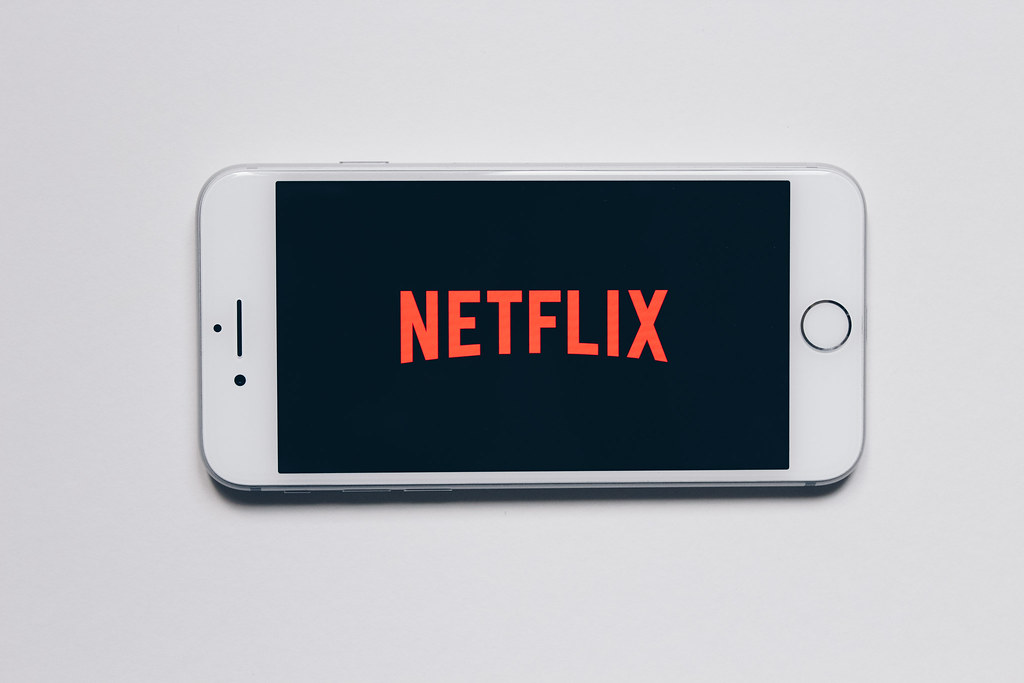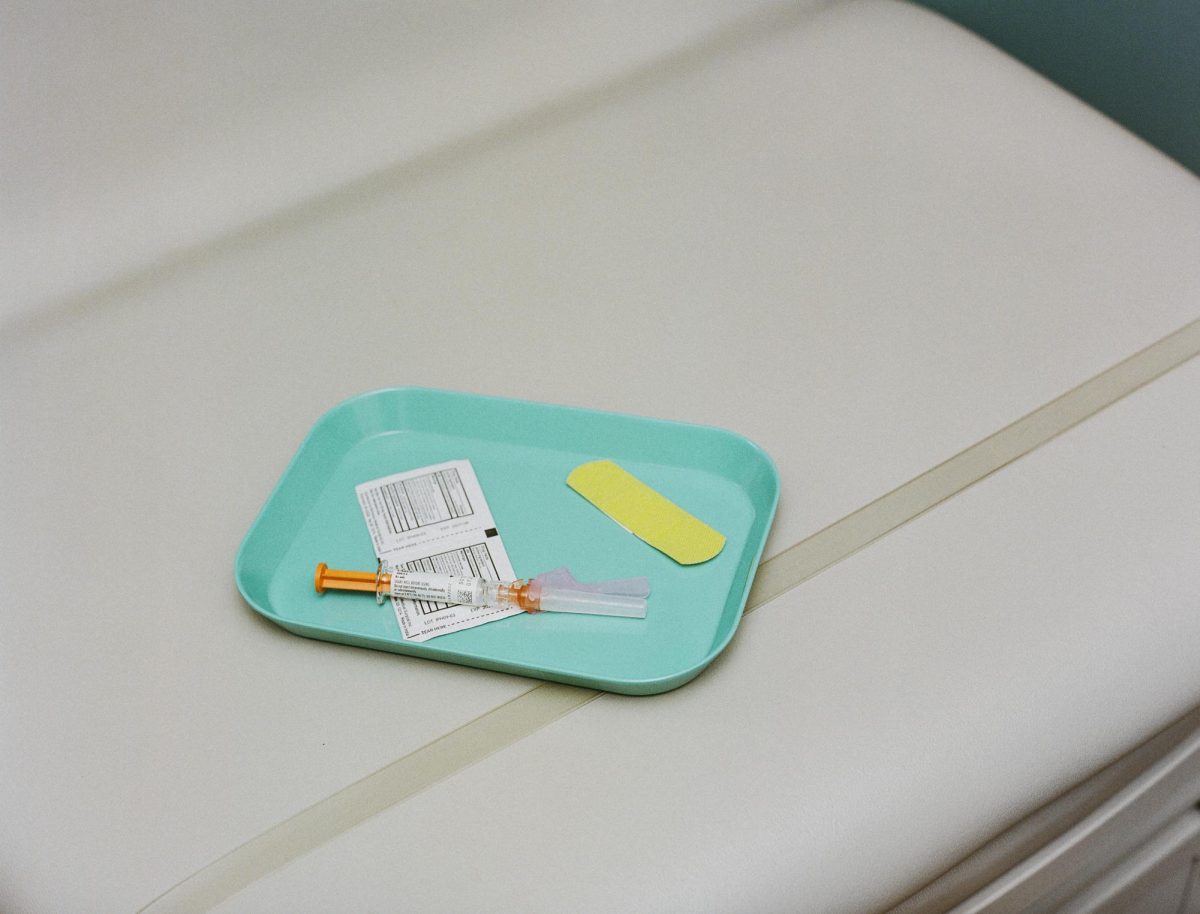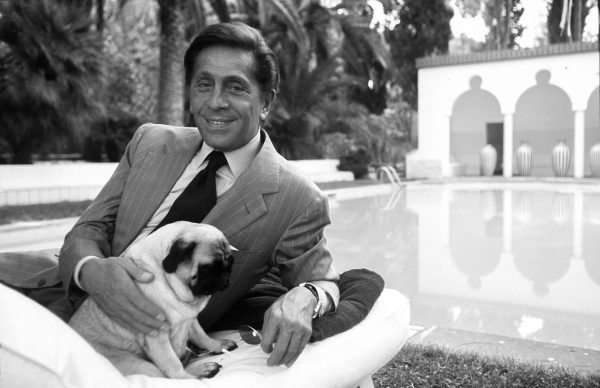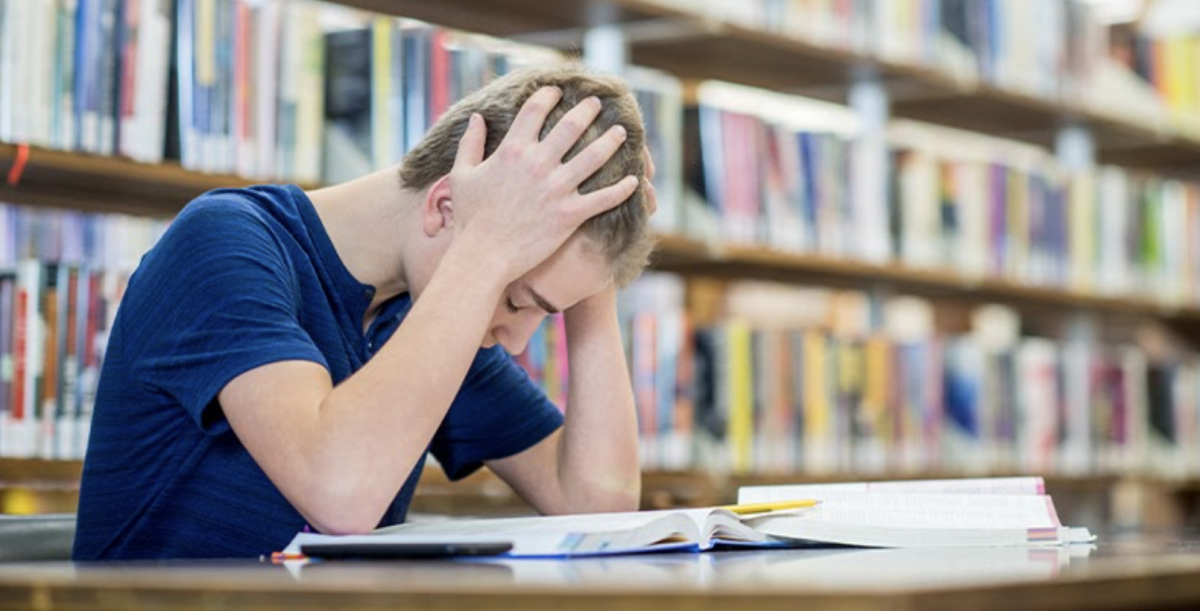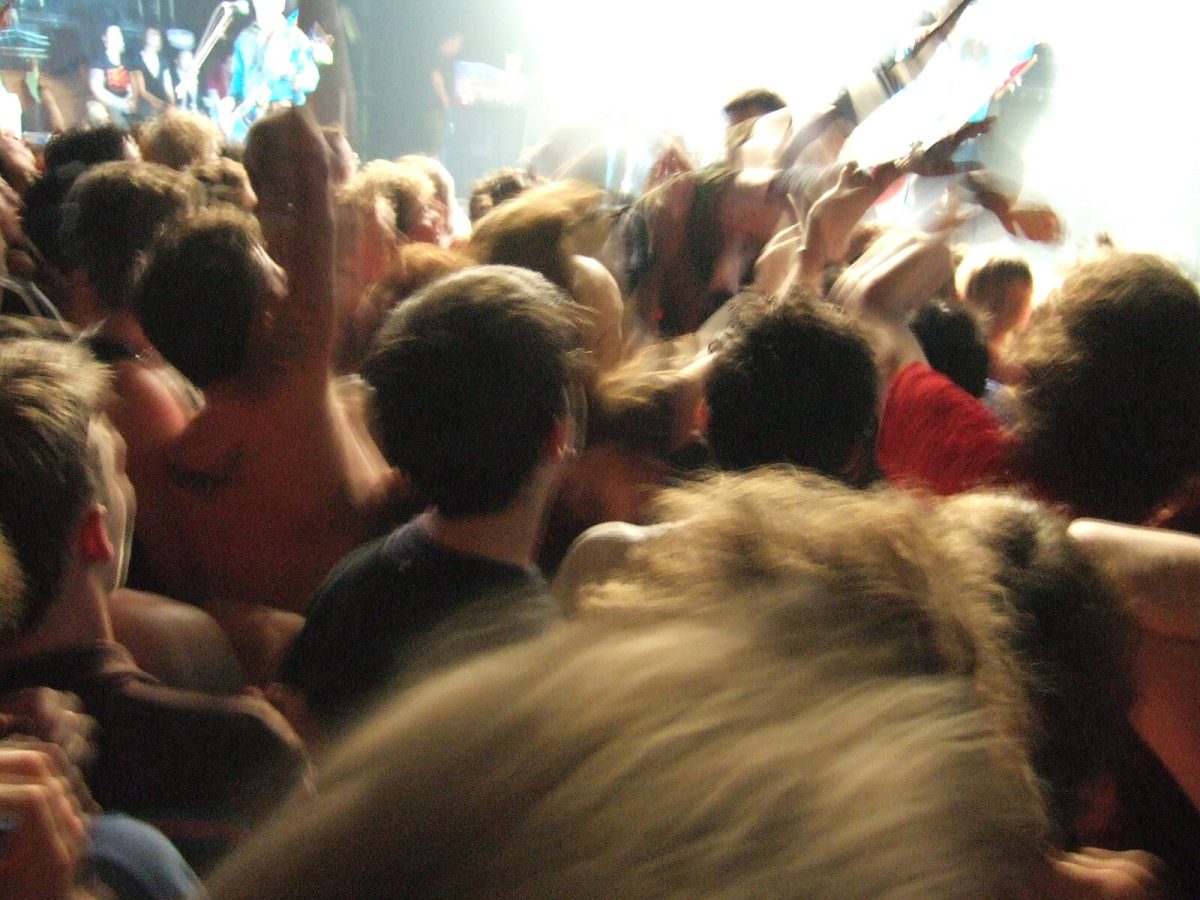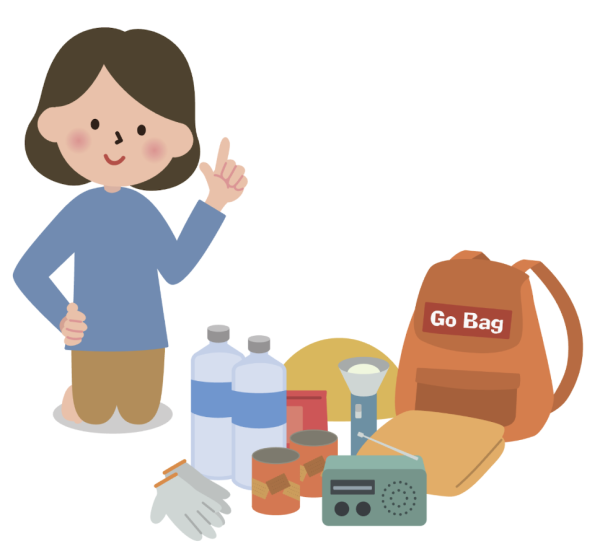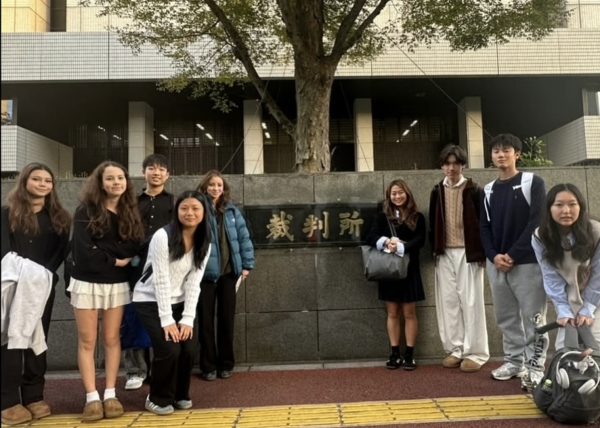Awakening Your Creativity
May 9, 2022
If you’ve ever stayed awake past midnight, you’ll understand the exhaustion that comes with neglecting a reasonable bedtime. That lethargy dragging down your eyelids is the body’s circadian rhythm telling you to rest. It’s a biological alarm clock that alerts you that it’s time to sleep.
All of this should be obvious to anybody who has taken middle school science class. But, surprisingly, sleep deprivation is not as bad as we think: Recent brain research has proven the procrastinator’s timeless argument that “midnight cram sessions boost creativity” to be true.
Let’s dive into what exactly happens when we become tired. As the clock ticks closer to midnight, our biological circadian rhythm prompts various parts of our body to begin shutting down. One of the first organs to start powering off is the brain’s frontal lobe, which is in charge of “voluntary movement, expressing language, and for managing higher-level executive functions” (Queensland Health). Without the frontal lobe, it becomes very difficult for us to formulate sound thoughts and decisions.
However, if we decide to hold off sleeping, the frontal lobe enters a “power-saving” mode. It can still spin and turn, but much slower and less inconsistently than its optimum state. Complex ideas will scatter into nothing, while fine motor functions deteriorate. To experience what I mean, try building a LEGO set and also reciting the lyrics to Lady Gaga’s “Shallow” at 3:00 AM.
In such a state, our working memory—a system by which information is “interpreted, and sorted accordingly by the brain”—is corrupted (Creative Something). But while linear thinking degrades into something akin to a discontinuous curve, our dot-connecting ability rises exponentially. We start seeing connections where none existed previously, understanding concepts when there is nothing to be understood. Our brain embarks on an intellectual joyride, wildly U-turning and crashing into new ideas. As Tanner Christensen of Creative Something puts it, exhaustion spurs creativity because, “frankly, you just don’t give a damn” anymore.
All of this information should bring joy to ASIJ students. Gone are the days when we embark upon our midnight cram sessions with shame. After all, it has been scientifically proven that exhaustion boosts creativity. A new addiction—no-sleep studying—is set to appear in many of our futures.
But for my classmates who are reading this, I leave you with a thought: What is the point of studying well for a test, if you can’t stay awake for it the next day?

